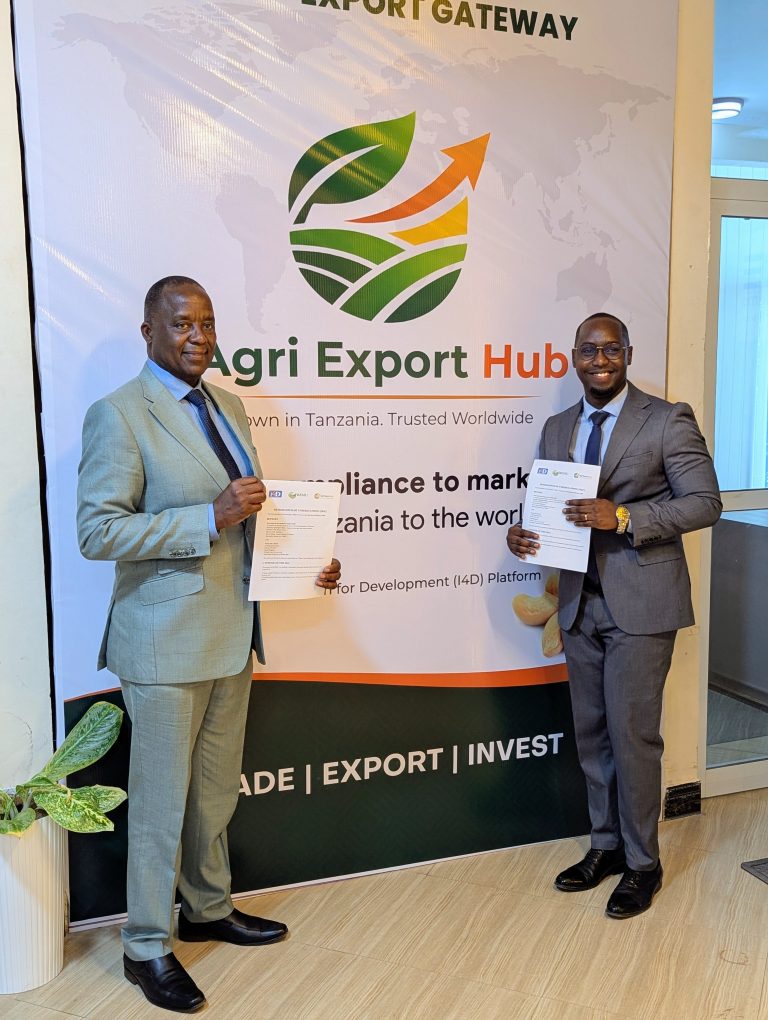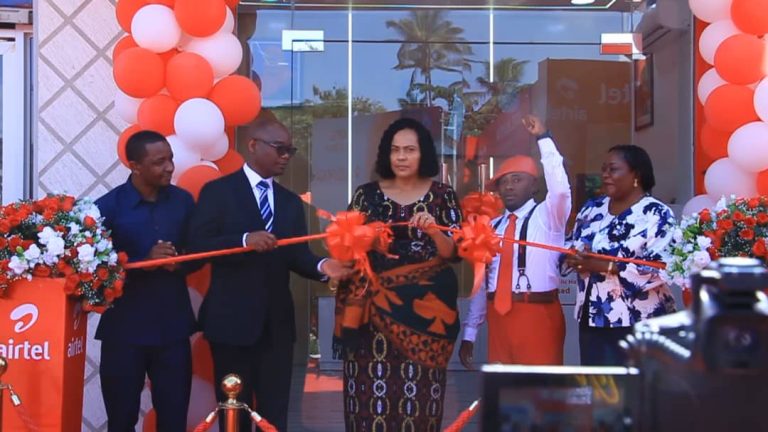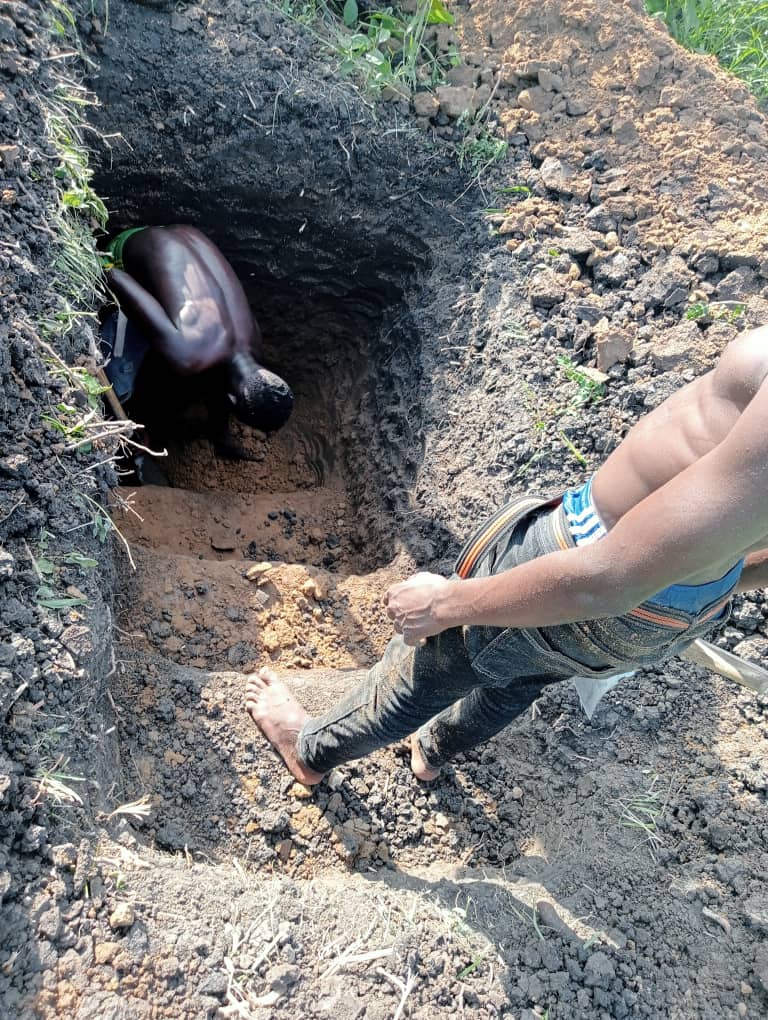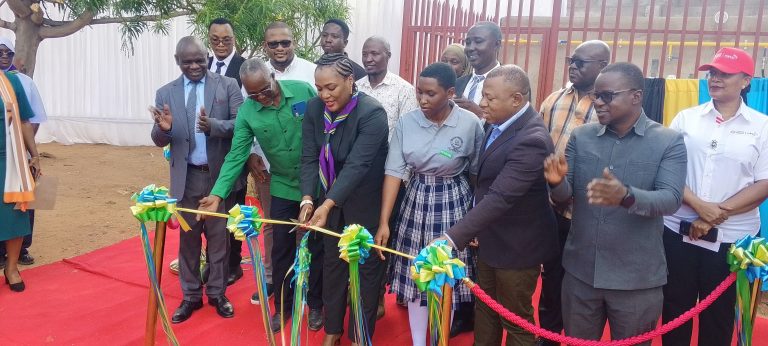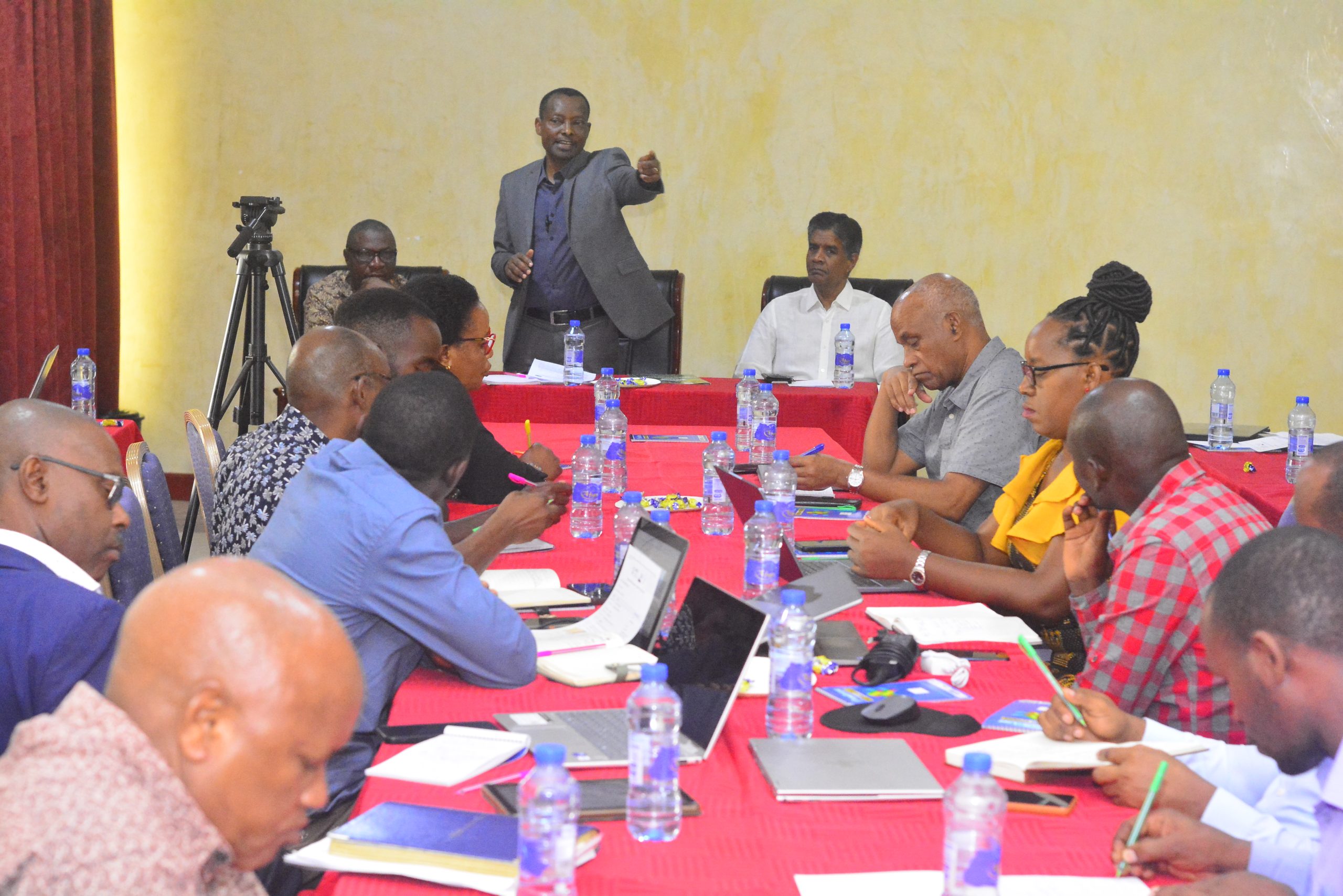
TARI and NIBIO have signed an agreement to implement the project to address numerous soil health issues, mitigate the effect of climate change
By Semaweb Reporter
THE Tanzania Agricultural Research Institute (TARI) and the Norwegian Institute of Bio economy research (NIBIO) are bringing agricultural in executing of four-year project (2024-2027) that aims at addressing soil health issues with an eye to increase agricultural productivity.
The key project, christened “ClimaSoil Health- Tanzania” comes with the concept of Living lab which refers to space for all stakeholders like farmers, scientists and other interested partners who work together, exchange their views, co-design/co- creation innovations and contest solutions in transdisplinary research under users real life context.
In his remarks during the open of one-day Soil health stakeholders workshop in Tanzania’s Capital, Dodoma, the Director General (DG) for TARI, Dr. Thomas Bwana stressed that, earlier this year TARI and NIBIO were signed an agreement to undertake this project to address numerous soil health issues and mitigate the effect of climate change that hinders agricultural productivity.
“When we are certain with soil health means that we are going to add value to farmers’ activity whose target always is to increase productivity and this will enable farmers to undertake right decision of applying appropriate agricultural inputs like fertilizer, pesticides hence reduce unnecessary losses,” he said.
The four-year project is funded by Norwegian Development Agency (Norad) and implemented in Tanzania Mainland and Zanzibar by TARI, Zanzibar Agricultural Research Institute (ZARI) in collaboration with NIBIO.
Mentioning the scope of the Project, the Projector Coordinator, Dr. Atugonza Bilaro, a researcher from TARI, expressed that the project will be implemented in three district of Kongwa (Dodoma) Babati (Manyara) and Mbozi in Songwe region, as well as in the islands of Pemba and Ugunja in Zanzibar.
Moreover, the coordinator added that, the purpose of one-day workshop was to bring together diverse actors on soil health to try to familiarize each other, identify their involvement in dealing with soil heath issues, highlight the challenges farmers are facing from their working areas and suggest the means to diminish the challenge associated to soil health issues and perhaps end them.
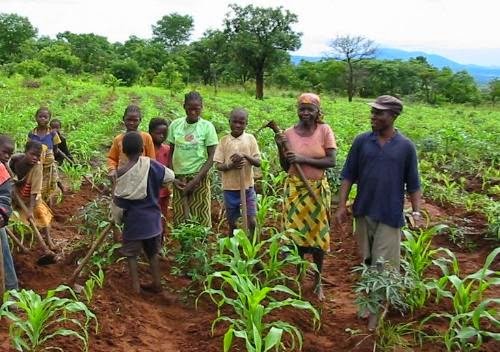
“We hereby summoned different soil heath stakeholders from different Institutions with different experience and expertise ranging from government owned Institution, Private Institution, Non-government organizations, extension officers the aim is to familiarize each other and arranging implementation plan” he expressed.
On his part, Director for NIBIO, Professor Udaya Sekhar, on his side acknowledged the crucial of the project that aim to address various soil heath challenges most of them emerge as the result of climate change.
Additionally, he observed that soil heath issues are underestimated that will lead to decrease of productivity in agriculture and even the rise of concern of food insecurity.
TARI and NIBIO have been collaborating in undertaking agricultural research and another successfully project that farmers admit to gain productivity from it, as a part of this partnership is system of Rice intensification (SRI) that is implemented in five districts to Tanzania mainland.



